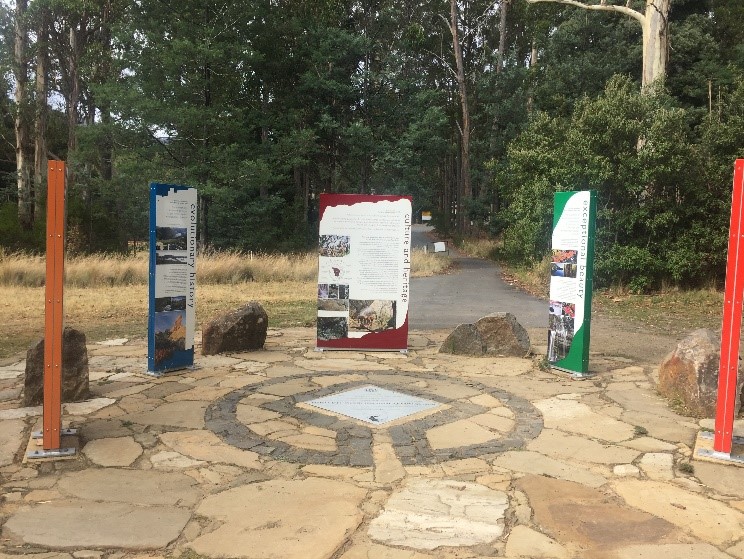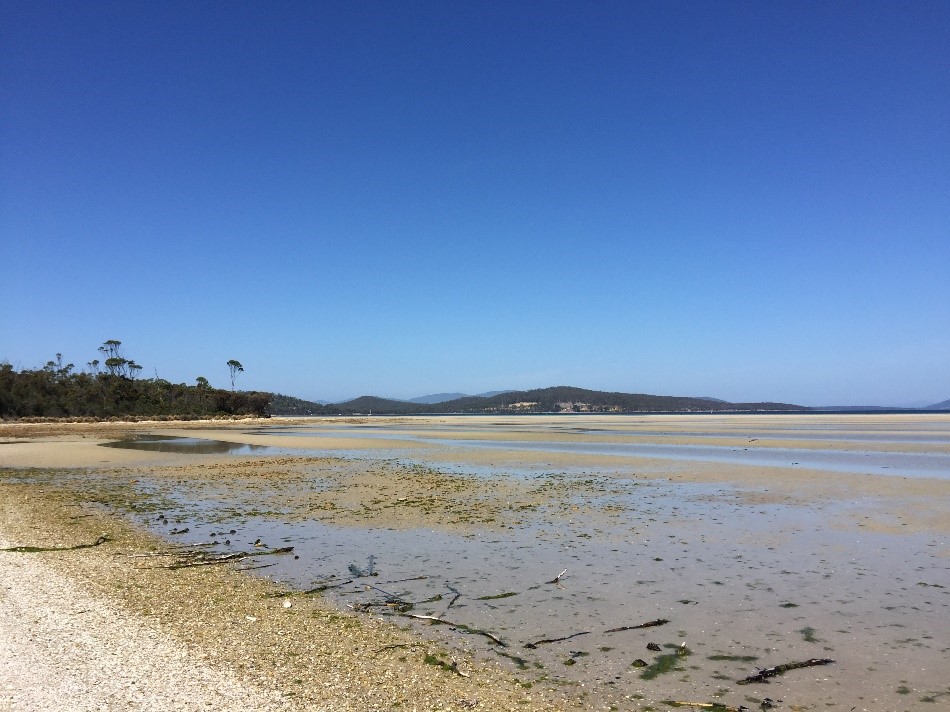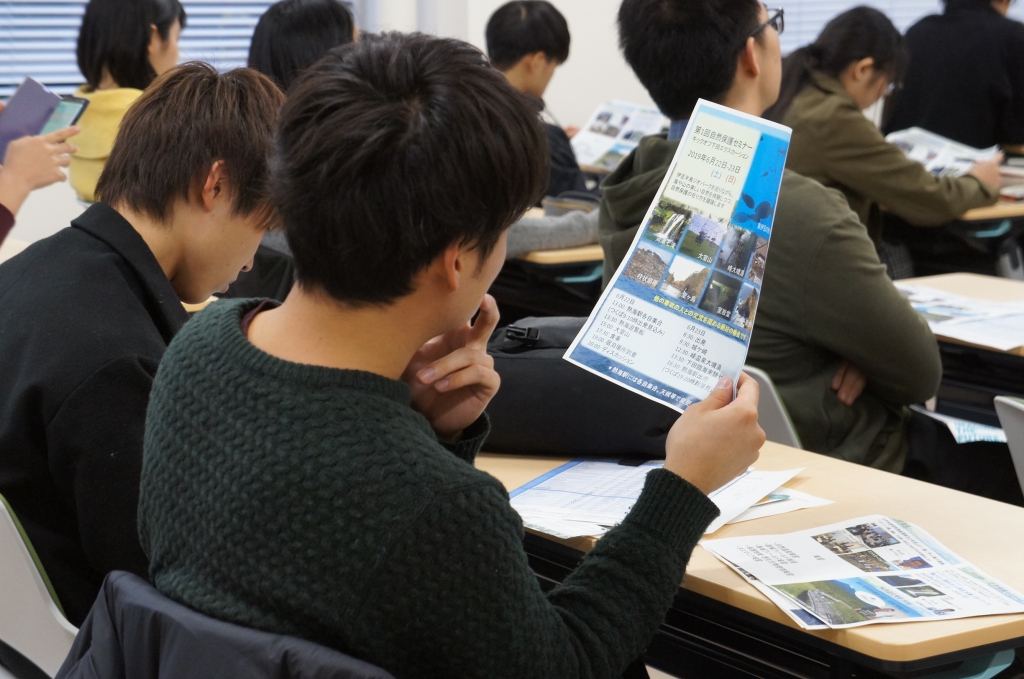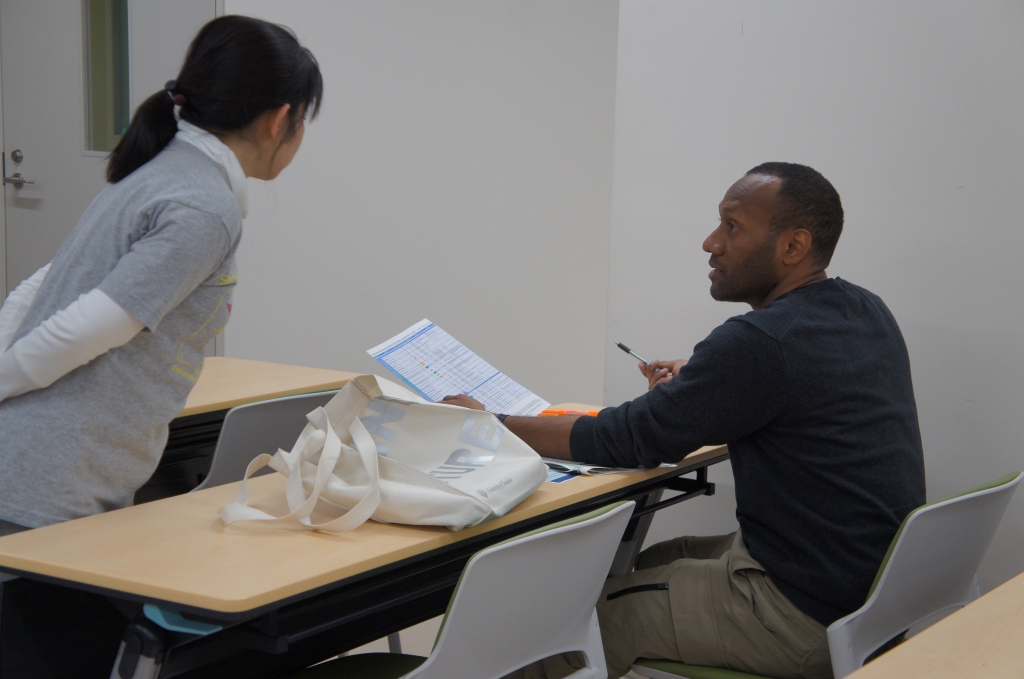The “seen and unseen” values of Tasmania
Uribe Chinen Claudia Hatsumi
World Heritage Studies
Located in the south of Australia, Tasmania is a place that encapsulates thousands of layers of history, which testify the development of diverse expressions of nature, human societies and their mutual interaction. What is conceived as the heritage of the island, therefore, comprises a multiplicity of values that have been produced and assimilated from different perspectives and moments in its history. Nowadays, Tasmania is not only home to natural and cultural expressions formally recognized and protected by the Australian national heritage legislation but also to the “Tasmanian Wilderness World Heritage Area”, one of the most singular UNESCO World Heritage mixed natural and cultural properties due to its outstanding scientific, historical and aesthetic values. However, as a product of its historical process- significantly influenced by the western colonization-, the heritage of the island, their values and stewardship have also encountered grounds of contestation with aboriginal communities. National and international institutional frameworks determine not only the legal protection and conservation of heritage but also its public visualization; in contrast, locally recognized aboriginal heritage are more likely to remain silent and overseen. Tasmania is, in other words, a place comprising legacies that can be seen and/or unseen.
There are many reasons why Tasmania stands out not only in the Australian territory but also in the world. In terms of ecology and geology, its particularities were recognized and documented even before the formal establishment of protected areas or heritage sites. Charles Darwin visited Hobart, the capital of Tasmania, for the first time in the 19th century and reported the existence of unique species of fauna and flora, as well as geological formations, which contributed to the formulation of his theory. Similarly, other explorers and scientists confirmed the scientific values existing in the island. However, perhaps one of the major recognition of the values of the island came with the creation of National Parks in the beginning of the 20 century for conservation purposes or the later inscription of the mixed natural and cultural property of “Tasmanian Wilderness” in the UNESCO World Heritage List, first in 1982 and later expanded in 2002. With an extension covering the 20% of the island, the World Heritage site is protected and conserved through national and international efforts. In the case of other protected areas and reserves, they are managed by Parks Australia. For either of those categories, there have been significant efforts for communicating their values through interpretation services and environment education programs.

Figure 1. Interpretation panels explaining the outstanding universal values of the Tasmanian Wilderness World Heritage Area.
However, the cultural heritage of Tasmania tells a different story. A particular point of encounter in the history of Tasmania is that produced by the English colonization, which involved processes of displacement of local aboriginal groups and juxtaposition of foreign cultural systems. In fact, the colonial process affected not only the local cultural landscapes but also the way the concept of heritage emerged and was understood. The places of historic value dating to the colonial period in the capital city, such as Port Arthur and the historic area of Battery Point, are nowadays officially recognized as cultural heritage and display major visibility for locals and visitors. On the other hand, the heritage stewarded by aboriginal communities have experienced a variety of challenging contexts in regards with recognition and management. One of them was evidenced by the process of inscription of the Tasmanian Wilderness World Heritage Area, which entered in conflicting grounds with aboriginal communities due to conceptual division of nature and culture, since the purpose of conserving the “wilderness” invisibilized the existence of millenary cultural sites and confronted ancestral practices related to the management of lands. Even with the constraints created by the delimitation of protected areas, the condition of these sites as part of the World Heritage property ensures their public visibility. However, other types of aboriginal heritage sites appear to be legible mostly for the local aboriginal peoples or the scientific community.
The aboriginal heritage sites spread in other parts of the island have been conserved in the past decades by the collaboration of government institutions, researchers and local communities. The international and national advances advocating the rights of indigenous peoples on cultural self-determination and ownership of lands as well as traditional practices increased the efforts for the protection of their cultural heritage. However, nowadays the visibility of aboriginal sites as heritage at the local level remain as a challenge. In Bruny Island, for instance, aboriginal ancestral sites, such as rocks quarries, shell mounds and fishing spots are valued by the communities of descendants or scientists, mainly archaeologists, but their conservation, interpretation and presentation for the public have received major attention by the formers.

Figure 2. Stone quarries in the shore of Bruny island.
The challenge nowadays is to foster the visibility of the heritage recognized by all the stewards. To be able to see the heritage values there are processes of interpretation and communication connecting peoples, places, objects and meanings that may not be overlooked. In that sense, increasing opportunities of dialogue and participative dynamics among all the heritage stewards may represent key factors, articulating initiatives from the local level to wider spheres. Ultimately, by making the multiplicity of heritage values visible, the creation of more pathways for their sustainable conservation may be expected.

